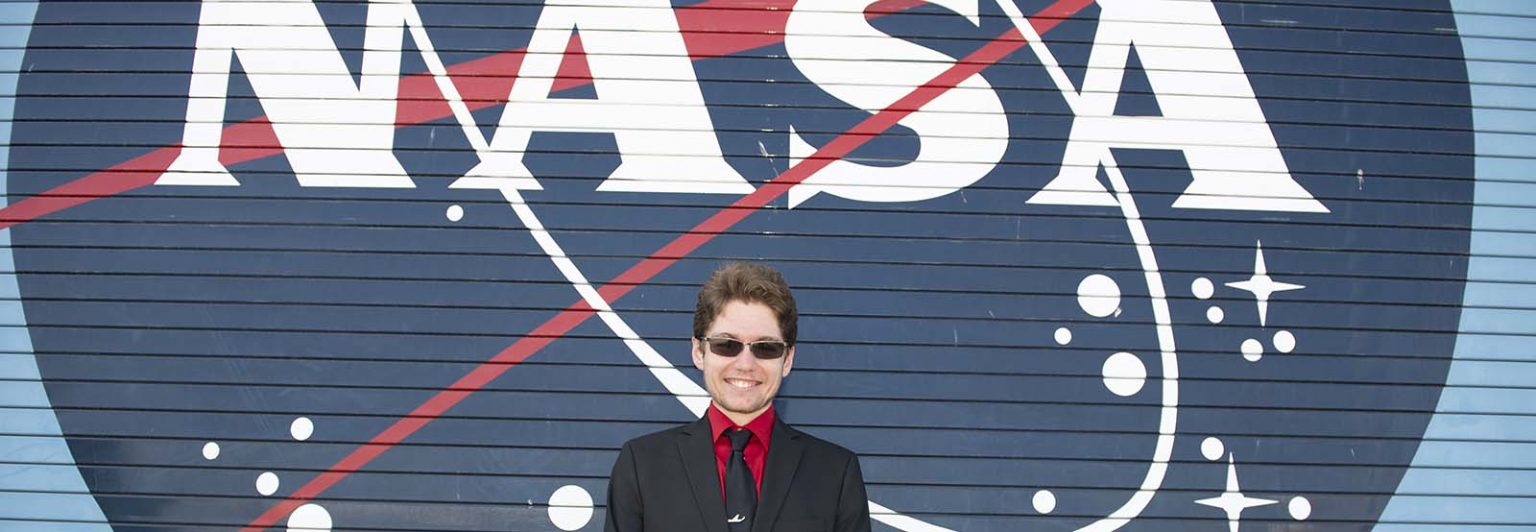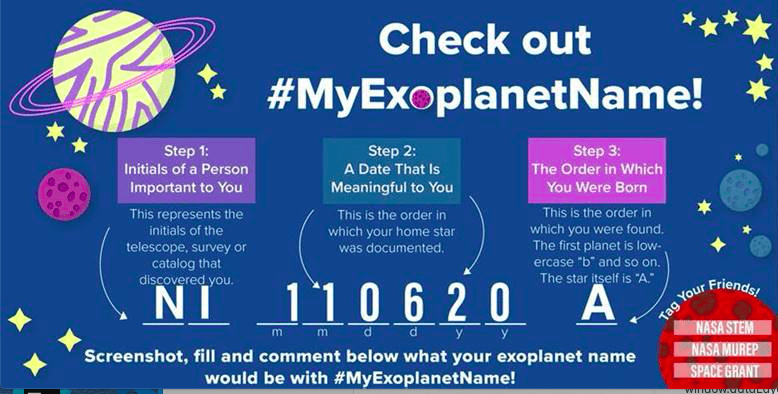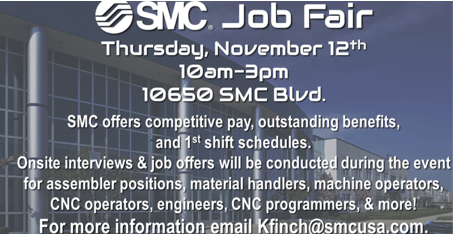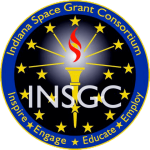On this page you will find all of the old announcements that were once featured on the INSGC home page.
2021 NASA Planetary Science Summer School Applications Now Due April 1st.
Offered by the Jet Propulsion Laboratory in Pasadena, CA, PSSS is a 3-month long career development experience to learn the development of a hypothesis-driven robotic space mission in a concurrent engineering environment while getting an in-depth, first-hand look at mission design, life cycle, costs, schedule and the trade-offs inherent in each.
Science and engineering doctoral candidates, recent PhDs, postdocs, and junior faculty who are U.S. Citizens or legal permanent residents (and a very limited number of Foreign Nationals from non-designated countries) are eligible. Applicants from diverse backgrounds are particularly encouraged to apply.
Session 1: May 24-Aug 6
Session 2: May 24-Aug 20
With workload of a rigorous 3-hour graduate-level course, participants spend the first 10 weeks in preparatory webinars acting as a science mission team, and spend the final culminating week mentored by JPL’s Advance Project Design Team to refine their planetary science mission concept design and present it to a mock expert review board. The culminating week is typically at JPL, however in 2021 it is likely to be virtual due to Covid-19 pandemic conditions.
NASA's Perseverance rover takes its first test drive on Mars
March 5th, 2021
Percy is on the move!
Perseverance, a car-sized rover that landed successfully on the Red Planet Feb. 18, just made its first short drive on Thursday, NASA officials said. The rover moved a total of 21.3 feet (6.5 meters) across the Martian terrain on a drive that took about 33 minutes, during which Perseverance moved forward, turned in place and backed up. The rover drives with a top speed of .01 miles per hour (.016 kilometers).
"Our first drive went incredibly well," NASA's Anais Zarifian, a Perseverance mobility test bed engineer at the Jet Propulsion Laboratory in Pasadena, California. Zarifian added that the rover "works beautifully, we were so excited."
"This is really just the beginning," Zarifian said.
Interact below:
Will Steffel says he knew nothing about rotorcraft before the summer began, but the Trine University senior learned about them in a big way.

NASA Citizen Science
NASA citizen science has come to dominate multiple fields of science. Our 1.5 million+ citizen scientists have discovered:
- Most of the known comets.
- Most of the ultracool brown dwarfs.
- Most of the long period exoplanets.
- Every known sample of interstellar dust.
Come join new NASA Citizen Science Leaders Series and learn more about this powerful methodology that is
changing how Americans think about science. Register for these Thursday afternoon events https://nasacitsci.gmri.org
The first event is this Thursday at 3:30pm ET, featuring a kickoff presentation by our Chief Scientist, Jim Green.
The series will run every other week from Thursday, February 4 through Thursday, April 29.
It will bring you inspiring speakers and stories, and introduce you to colleagues and facilitators who can help turn your
new ideas into action. Let’s make everyone into a NASA scientist!
That’s https://nasacitsci.gmri.org.
We look forward to seeing you on Thursday afternoons, starting February 4.
IndianaView
This is an announcement for the IndianaView mini-grant program for 2021. The guidelines are attached. The guidelines include the instructions on how to submit proposals for the program. The budgets for the projects can be up to $1,500. We will begin reviewing the proposals that we have on hand beginning March 15.
We are looking forward to being able to support two projects that will promote the use of remote sensing and geospatial data in K-16+ education and/or facilitate the use of remote sensing data to monitor state wide issues. Note that these proposals need to be for projects which benefit the state of Indiana in some way. There has been some very interesting work done the last several years which are summarized in the fact sheets available at: https://www.indianaview.org/fact_sheets.html.
Download Information Below!
Grant Opportunities for Space Grant Equity, Inclusion, and Diversity Initiative
University Student Research Challenge (USRC)
University Student Research Challenge (solicitation NNH20ZEA001N-USRC) seeks to challenge students to propose new aeronautics ideas/concepts that are relevant to NASA Aeronautics. USRC will provide students, from accredited U.S. colleges or universities, with grants for their projects and it includes the challenge of raising a modest amount of cost share funds through crowdfunding platform. The process of creating and preparing a crowdfunding campaign acts as a teaching accelerator - requiring students to act like entrepreneurs and taking action. Crowdfunding also raises awareness about students’ research among the public.
The solicitation goal can be accomplished through project ideas such as advancing the design, developing technology or capabilities in support of aviation, by demonstrating a novel concept, or enabling advancement of aeronautics-related technologies.
Notices of Intent (NOIs) are not required for this solicitation. Three-page proposals for the next USRC cycle are due February 25, 2021.
Proposals can also be submitted later and will be evaluated in the third cycle. The due date for the third cycle is June 24, 2021.
Engineering for Change
Along with others, are hosting the subject virtual conference. Registration is free and can be accessed here but the deadline to register is Dec. 1st:
The list of speakers and agenda are also on the website. For students looking for career direction, it looks like this could give you a sense of which companies are engaged in this kind of work, what they are doing and interested in supporting. Check out the link below.
News This Week: Subject: Flier for Space Grant Midwest Region "Short Talks" at 10 a.m. (CST) on Friday, Nov. 20, 2020
Below is a flier for our next round of "Short Talks". Please mark your calendars and also all affiliates feel invited to join! Anyone with interest can join the talk!
Check out the flier below.
Internship Opportunity at the Zoo!
The Zoo’s Internship Program offers a unique opportunity for college students (enrolled in a Bachelor’s or Master’s degree program and at least entering the sophomore level) to become actively involved in the Zoo’s conservation, research, education and recreation efforts. Interns can enhance their knowledge and experience in various animal care and administrative roles.
Interns serve 20-40 hours per week for 12 consecutive weeks. Positions are experience-based and are unpaid. The Zoo can provide information to assist with your housing and transportation search.
Applications for the 2021 Spring Intern Session are currently being accepted. To apply, please complete the Spring Intern Session application form and return it with a cover letter, resume, two letters of recommendation and a current (official or unofficial) transcript. November 10 is the deadline to apply.
Click below to be redirected to the home page:
NASA Internships Exoplanet Name Challenge
What’s Your Exoplanet Name? Challenge. Whether you’re on Facebook, Twitter, Instagram, or Tumblr, complete the attached forms by filling in your Exoplanet name, tag @NASA, and use the hashtag #MyExoplanetName for a chance to be featured in NASA’s accounts (P.S. tag NASA interns too so we may feature you!). Below are some examples from some of NASA’s verified accounts!

#MyExoplanetName means:
NI – NASA Internships
110620 – November 6, 2020 is the upcoming Spring 2021 application deadline!
A – all our interns and partners are all-stars!
We tag our friends within our NASA STEM, MUREP, and Space Grant families to participate!
CLICK THE LINK BELOW TO OPEN THE PICTURE TO DOWNLOAD
Here is an example below:
Another Opportunity
STEM on Station, a NASA Office of STEM Engagement activity, would like to share an opportunity with your organization. We are currently accepting proposals from United States educational organizations interested in hosting an In-flight Education Downlink. A downlink is a twenty-minute, live video question and answer session between a U.S. educational organization and an astronaut aboard the International Space Station.
NASA and its partners have successfully supported humans living on the International Space Station continuously since November 2000. After nearly 20 years of continuous human presence, the space station remains the sole space-based proving ground, preparing NASA for Artemis program missions. Join the celebration of 20 years of continuous human presence on the space station by submitting a proposal to host an In-flight Education Downlink!
Hosting an education downlink is an opportunity to link students to astronauts aboard the space station and provides a unique, authentic experience designed to enhance student learning, performance and interest in STEM: science, technology, engineering and mathematics.
STEM on Station is currently accepting proposals for organizations to host a downlink during International Space Station Expedition 65, which run April to October 2021. All interested organizations are required to submit a proposal (form attached) by emailing us at JSC-Downlinks@mail.nasa.gov the proposal no later than Tuesday, December 1. Additional details regarding downlinks and the proposal can be found in the attached Downlink Planning Guide.
We strongly encourage interested organizations to attend an online information session:
Tuesday, October 6 at noon CDT, Information Session #1
(Audio only available by dialing: 1-256-715-9946 with Conference ID: 594 617 970#)
OR
Wednesday, October 28 at 3 p.m. CDT, Information Session #2
(Audio only available by dialing: 1-256-715-9946 with Conference ID: 424 298 514#)
If you have any questions, please don’t hesitate to email us.
Below you will find the proposal form and the Planning Guide which are both available to download.


